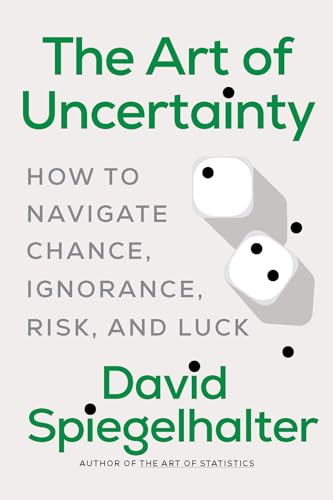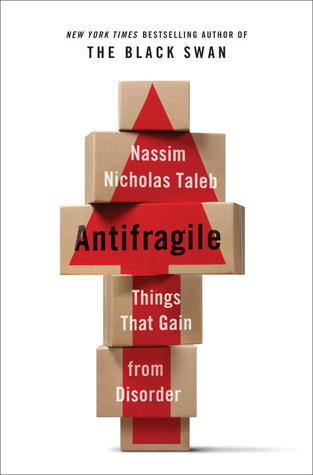
Fooled by Randomness: The Hidden Role of Chance in Life and in the Markets
Book Description
What if life is a game of chance where we’re often the unwitting players? In "Fooled by Randomness," Nassim Nicholas Taleb dives into the mysterious forces of luck that shape our fortunes, especially in the chaotic world of finance. Unravel the illusions crafted by success, misfortune, and the hidden randomness that can turn a hero into a fool overnight. With sharp insights and compelling anecdotes, Taleb challenges the very fabric of our understanding about risk and probability. Are we truly in control of our destinies, or are we merely pawns in a cosmic lottery?
Quick Book Summary
"Fooled by Randomness" by Nassim Nicholas Taleb explores how luck, randomness, and hidden factors play an outsized—often misunderstood—role in success and failure, particularly in finance. Taleb argues that humans are wired to misinterpret random events as meaningful, leading us to overestimate skill and underrate the impact of chance in our lives. Through stories, thought experiments, and financial market anecdotes, the book reveals the psychological traps that color our perception of probability, explaining why we praise winners and blame losers without considering randomness. Ultimately, Taleb challenges the reader to confront the uncomfortable notion that much of what we credit to skill is, in fact, luck, advocating for greater humility and skepticism in interpreting outcomes.
Summary of Key Ideas
Table of Contents
The Illusion of Skill Versus Luck
Taleb opens by highlighting how easily humans misattribute success and failure to personal qualities rather than to randomness. Many professionals, especially in finance, believe their performance stems from skill, when in reality their results are often the consequence of unpredictable forces. Notably, Taleb illustrates this with the careers of traders and investors, where luck plays a dominant role in short-term success; a lucky streak may elevate someone to star status, but it does not reliably distinguish between skill and chance.
Cognitive Biases and the Misinterpretation of Randomness
The book goes on to explore how cognitive biases distort our understanding of risk and probability. Taleb explains that our minds are ill-equipped to grapple with randomness, leading to patterns—like clustering illusions—where none exist. Psychological anchoring, hindsight bias, and overconfidence skew our judgment, making us feel more certain about outcomes and more critical of failure than is warranted by reality. These mental pitfalls further reinforce the illusion that success is largely the result of skill.
Survivorship Bias and the Narrative Fallacy
Taleb addresses survivorship bias and the narrative fallacy as key contributors to misreading chance. We tend to notice only the winners—those who survive a process and become visible—while ignoring the numerous, forgotten failures. This focus creates compelling but misleading stories, attributing logical causes to success that may just be the product of randomness. The resulting narratives give us a false sense of control and encourage us to overlook the less visible forces at play.
The Limits of Prediction and Knowledge
Prediction, especially in complex domains like financial markets, is portrayed as perilous due to inherent uncertainties and the limitations of human knowledge. Taleb discusses how historians and experts routinely overstate their ability to anticipate events, falling prey to the "ludic fallacy"—mistaking structured, predictable systems for the messy realities of life. In reality, rare and unpredictable "Black Swan" events disproportionately shape outcomes, making most forecasting efforts unreliable.
Embracing Uncertainty and Robust Decision-Making
Taleb closes with prescriptions for handling randomness more wisely. He advocates fostering humility, learning from failure, and designing systems that are robust rather than reliant on prediction. By recognizing our cognitive limitations and the role of chance, we become less susceptible to hubris and better equipped to make decisions under uncertainty. The book invites readers to replace the quest for certainty and simple explanations with probabilistic thinking and respect for the unknown.
Download This Summary
Get a free PDF of this summary instantly — no email required.





